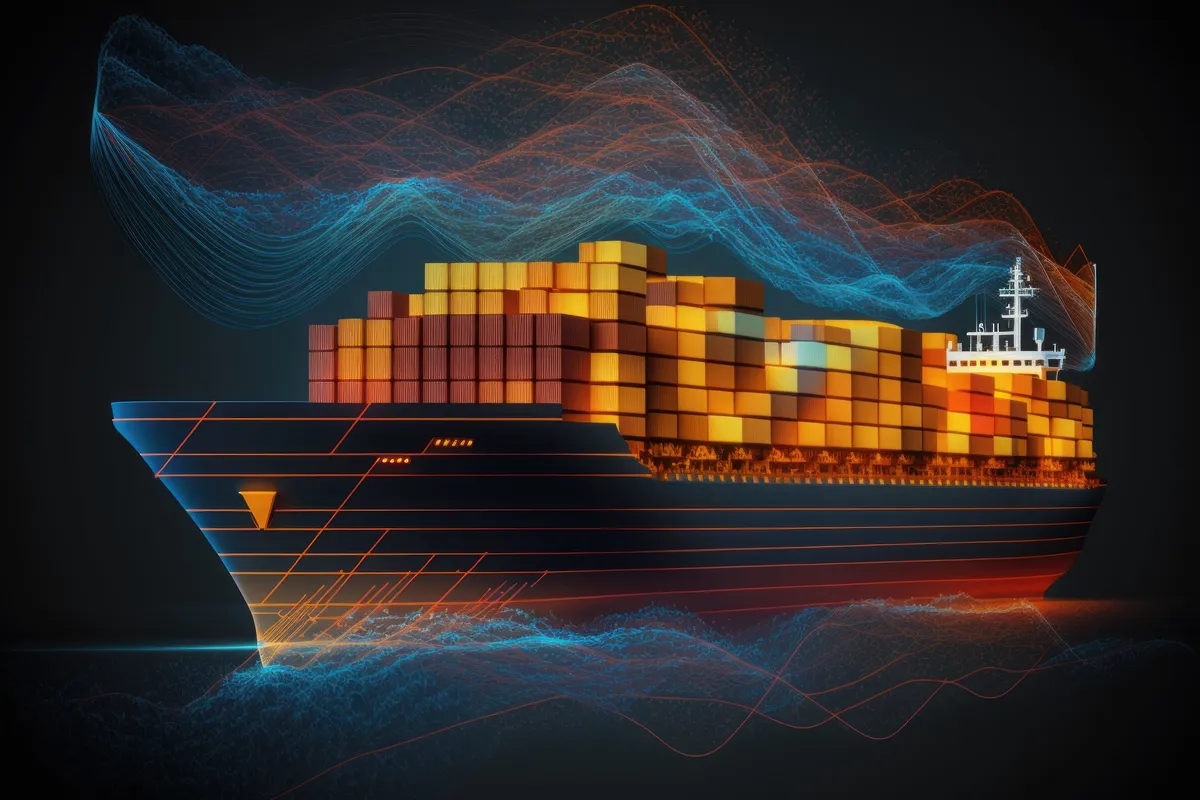The International Maritime Organization has issued an SDC 11/8 report on SOLAS revisions for steering and propulsion.
This document, submitted by Japan, is part one of a report from the Correspondence Group on the revision of SOLAS chapters II-1 (Part C) and V. These revisions aim to address steering and propulsion requirements to account for both traditional and non-traditional propulsion and steering systems, reflecting the evolving technology landscape in maritime transportation.
1. Background and Purpose
The Sub-Committee on Ship Design and Construction (SDC), during its 10th session, recognized a need to update the SOLAS regulations on steering and propulsion systems, specifically chapters II-1 (Part C) and V. The goal of these revisions is to ensure that regulatory standards keep pace with new propulsion technologies, such as hybrid or electric systems, autonomous navigation, and advanced steering mechanisms. Japan coordinated a Correspondence Group to investigate and propose these regulatory updates, with SDC emphasizing that both traditional and advanced systems must be accounted for to enhance ship safety and environmental performance.
2. Participants and Collaborative Efforts
The Correspondence Group comprises a broad range of participants, highlighting a coordinated international effort. Representatives from 18 member states, including maritime leaders like Canada, China, Norway, and the United States, participated, alongside intergovernmental and non-governmental organizations. Notable NGOs included the International Chamber of Shipping (ICS), BIMCO, and the International Transport Workers’ Federation (ITF). This diverse participation underscores the global interest in updating maritime safety regulations in light of emerging technologies.
3. Terms of Reference (ToR) and Core Objectives
The Correspondence Group was tasked with specific objectives to guide the revision process:
- Development of Draft Amendments: The primary objective is to draft amendments to specific SOLAS regulations, particularly:
- Chapters II-1/1, 3, 28 to 30, and V/25 and 26: Focusing on propulsion and steering regulations that affect the core operations of a vessel’s navigational capabilities.
- Consequential Amendments: Additionally, the Group will assess if related SOLAS provisions (e.g., II-1/42, 43, 45) require updates to remain consistent with the new standards.
- Performance Expectations: The Group will also establish performance standards for the proposed amendments, aiming to define clear and measurable criteria for compliance. These expectations are detailed in documents such as MSC 105/18/1, which outlines both current performance standards and benchmarks for emerging technologies.
- Re-evaluation of MSC.1/Circ.1416/Rev.1: This circular contains guidelines for operational performance. The Group is tasked with updating it to reflect advances in propulsion and steering technology, ensuring that regulations are relevant and effectively applied.
- Non-Mandatory Instruments: Beyond the mandatory SOLAS provisions, the Group will review associated non-mandatory guidelines (e.g., those in MSC 105/18/1 and SDC 10/8 series) to determine if updates are needed. This effort ensures a comprehensive regulatory approach that addresses both essential standards and supplementary guidance.
4. Supporting Documents and References
The Group’s work builds upon prior documents and analyses, including:
- MSC 104/15/37, MSC 105/18/1, and SDC 10/8 series: These documents provide historical context, technical background, and previous recommendations on propulsion and steering systems.
- SSE 9/14/4: This document offers insights into the safety and operational performance of new technologies, serving as a reference for setting performance standards.
- SDC 10/17 (paragraphs 8.32 and 8.33): It officially established the Correspondence Group, providing the mandate for Japan to lead the coordination and work on these SOLAS revisions.
5. Anticipated Next Steps
This report, as part one, is an initial presentation of the Group’s progress on some of the terms of reference. Upcoming steps include:
- Continued Development: Further refinement of the draft amendments and additional reports on the other terms of reference.
- Review of Amendments: The draft amendments and revised guidelines will undergo review and approval in subsequent SDC sessions.
- Industry and Public Consultation: Following the SDC’s approval, the draft standards may be open for consultation with industry stakeholders to ensure practicality, safety, and environmental compatibility.
LINK TO ACCESS THE DOCUMENT

Sign up for our newsletter
It's free. No spam. Cancel anytime.










Related News
Most important regulatory news published in the last week
Jan 21, 2025
Isle of Man: Key changes to marine casualty reporting
Jan 17, 2025
Updated IMO guidelines for GMDSS radio installations on SOLAS ships
Jan 17, 2025